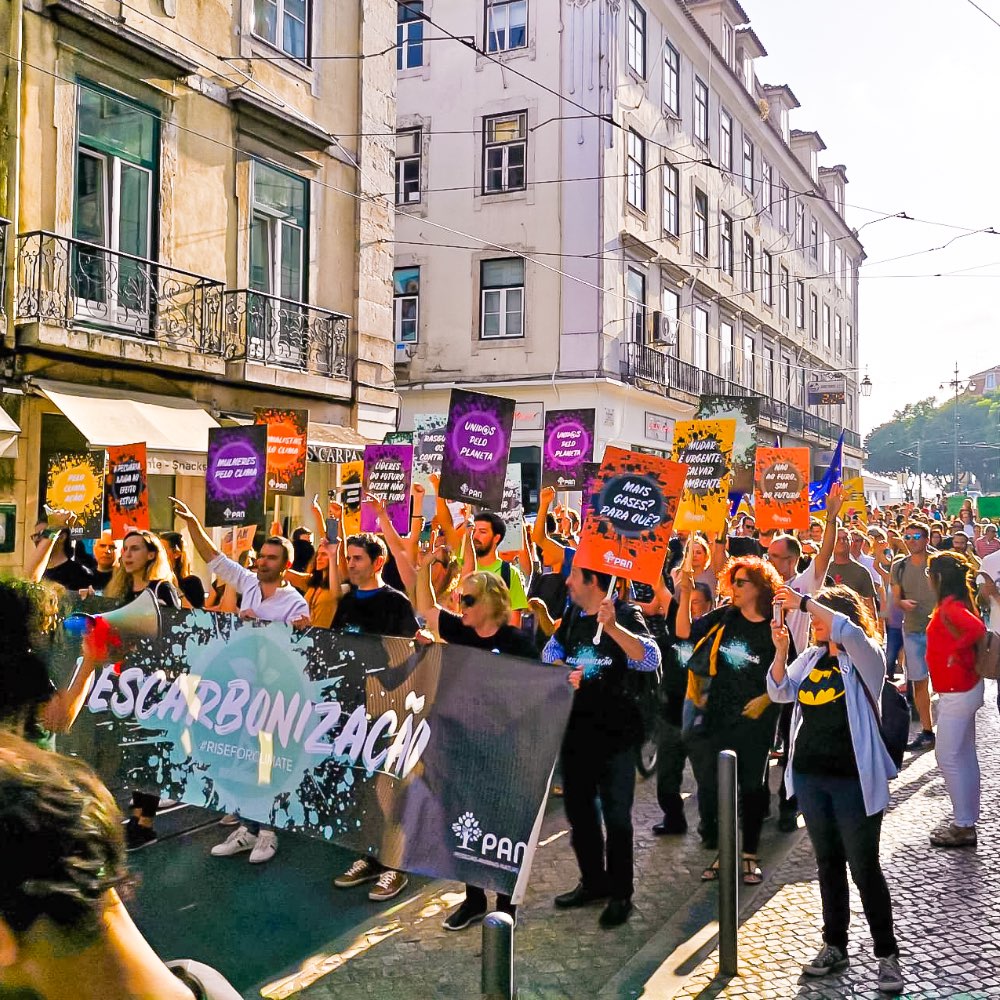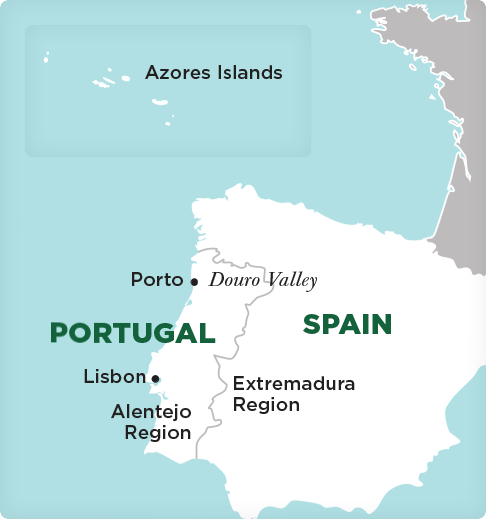Environmental Justice, Advocacy, and Urban Regeneration – syllabus
(ENVI/EURO3005 / 3 credits)
In this seminar, environmental justice is used in a broad sense to refer to the distribution of and access to green spaces and green infrastructure, and the social relationships of production and power that shape fair and equitable access and distribution. Variables such as race, class, and location impact environmental in/justice and access to green spaces, forests, clean air, water, health, and other resources. The 1976 Portuguese Constitution recognized the “right to a healthy and ecologically balanced living environment” and the “duty to defend it,” But, only after the Framework Act on the Environment was passed in 1987 did environmental public policy become important to policymakers. Students will analyze the policies and politics underlying inequitable environmental policies and the resistance movements built to fight injustices in the areas of waste management, industry, energy, biodiversity, urban regeneration and territorial management. The focus is on the socioeconomic and health impacts of environmental injustice. During educational excursions, students will learn about major cases of environmental conflicts in Portugal and southern Spain. The seminar draws on theoretical and empirical frameworks from a plurality of disciplines including environmental studies, environmental science, urban planning, public health, cultural geography, social and environmental psychology and sociology to interrogate environmental policies and practices and examine their impacts on environmental degradation and the well-being of communities.





















